The quiet conflict: Diaspora opinion on diwali fireworks, sustainability, and being a ‘good immigrant’
With the Indian festive season around the corner, we reached out to the Indian American community to learn about their thoughts on bursting fireworks. Here’s what they had to say.
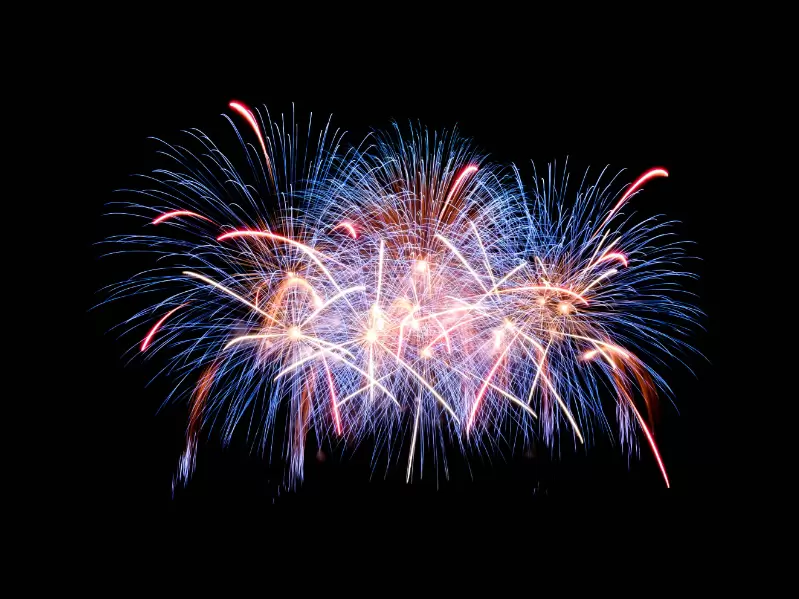 Representative image / Unsplash
Representative image / Unsplash
The Indian diaspora's opinion on Diwali fireworks is greatly divided, centered on a conflict between celebrating a cultural tradition with full enthusiasm, concerns over environmental sustainability and public health, and the pressure of being perceived as a ‘good immigrant.’ To uncover the community’s thoughts on this debate, we spoke to a few Indian Americans. Here are highlights from our conversations.
Primary Areas of Conflict: Sustainability and Public Health Concerns
A number of Indian Americans advocate for eco-friendly or firecracker-free Diwalis because of the pollution and noise. They are in alignment with environmental consciousness and public health awareness prevalent in the United States.
There is a consensus that the negative environmental impact is a valid concern. One sentiment expressed by Neha Shah, a Los Angeles-based management consultant: “Who doesn’t love fireworks?! I sure do. But will I bust fireworks this Diwali in the city I live in—Los Angeles. No way! Is it because I want to be considered a ‘good immigrant’? Not really. It's primarily because I don’t want to pollute the city I live in. I’m from New Delhi and I’ve seen first hand the huge negative environmental impact of bursting fireworks. The joy of Diwali or any celebration should not come at the cost of our environment or our neighbors’ health. I’d rather light diyas at home and eat mithai!”
The “Good Immigrant” Dilemma
The term “good immigrant” refers to the pressure on minority groups such as Indian Americans to strictly follow the perceived cultural norms of the United States to avoid negative stereotyping or backlash. For the Indian diaspora, the fireworks debate often intersects with this pressure.
Some in the community feel that criticism of their Diwali celebrations is a “targeted act of exclusion” or reflects “systemic biases” against the diaspora, particularly when other celebrations like July 4th or New Year's Eve are not subject to the same scrutiny.
Cultural and Political Defense
Lastly, for some, resisting restrictions on Diwali fireworks is a way to assert cultural identity. “If we can burst fireworks for July 4th, why should there be a problem with bursting fireworks on Diwali? Why are we, Indian Americans, being asked to dim our light? This is the time to stand for our Dharma, our culture…” concluded a New York City investment banker, who requested to stay anonymous.
This comment highlights how perceived restrictions on fireworks are interpreted as an attack on the cultural and spiritual significance of the festival itself, particularly when there are exemptions for other holidays.
Therefore, the “Quiet Conflict” encompassing Diwali fireworks is a fine line between preserving a treasured cultural practice, following environmental standards, and figuring out the dynamics of being a minority identity in the United States.
ADVERTISEMENT
ADVERTISEMENT
E Paper
Video




 Pallavi Mehra
Pallavi Mehra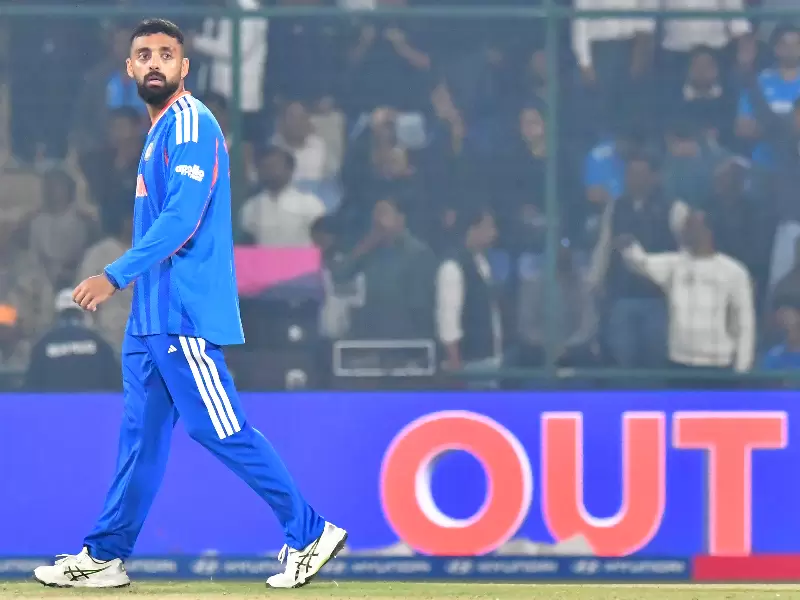
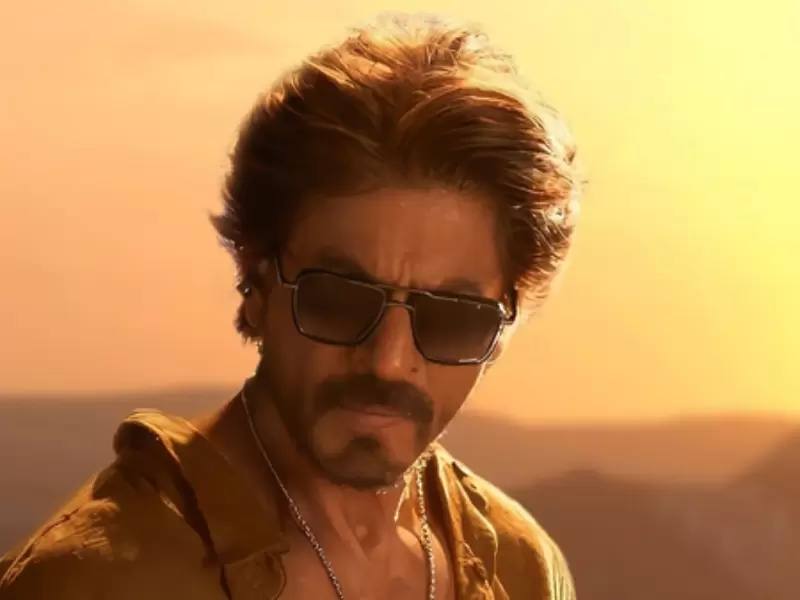
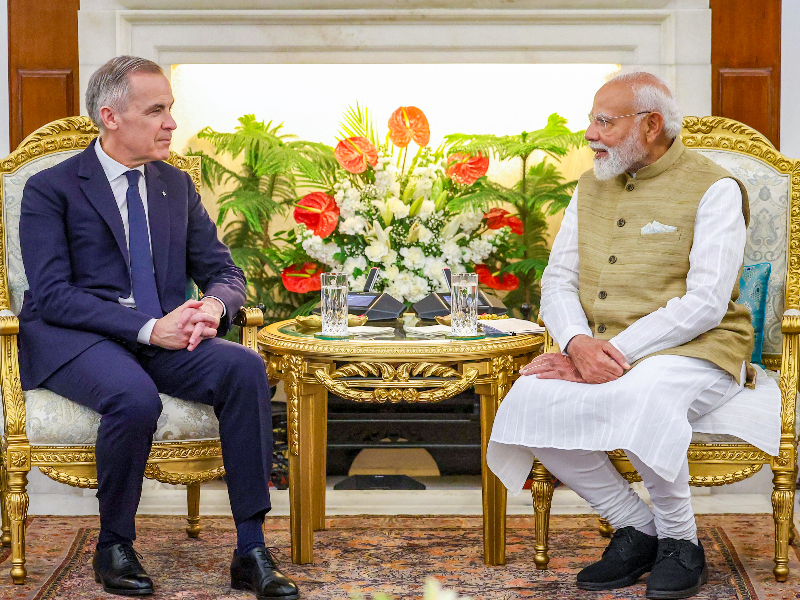

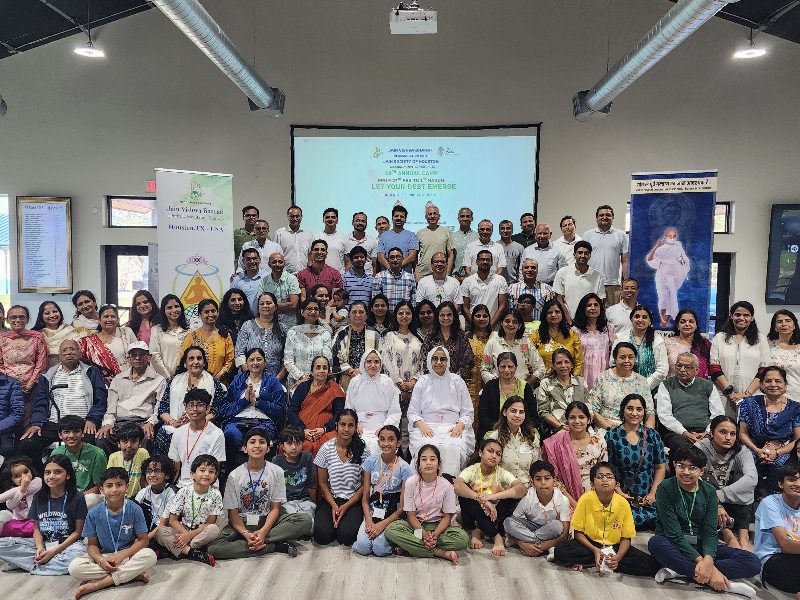
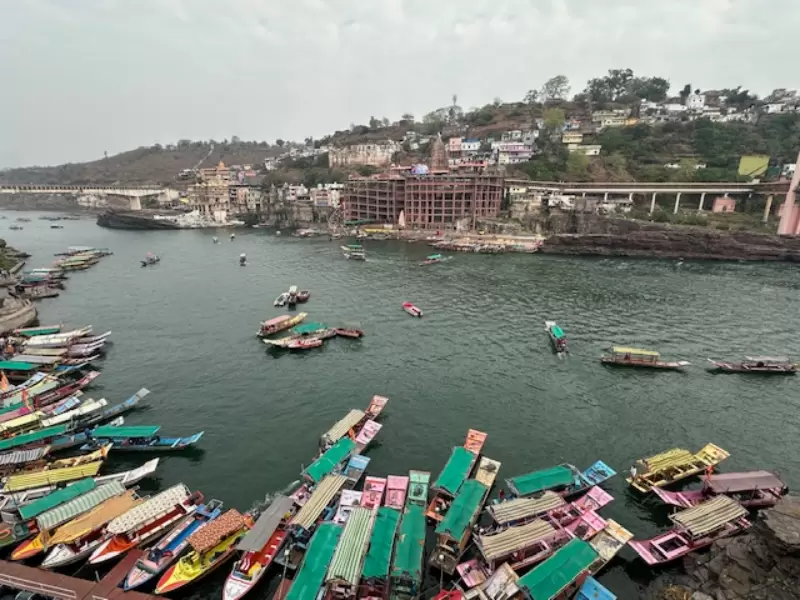
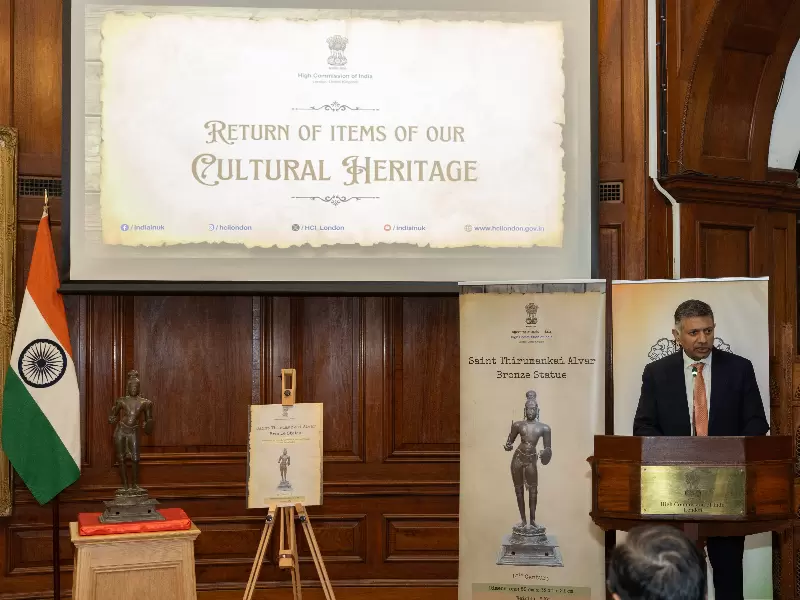
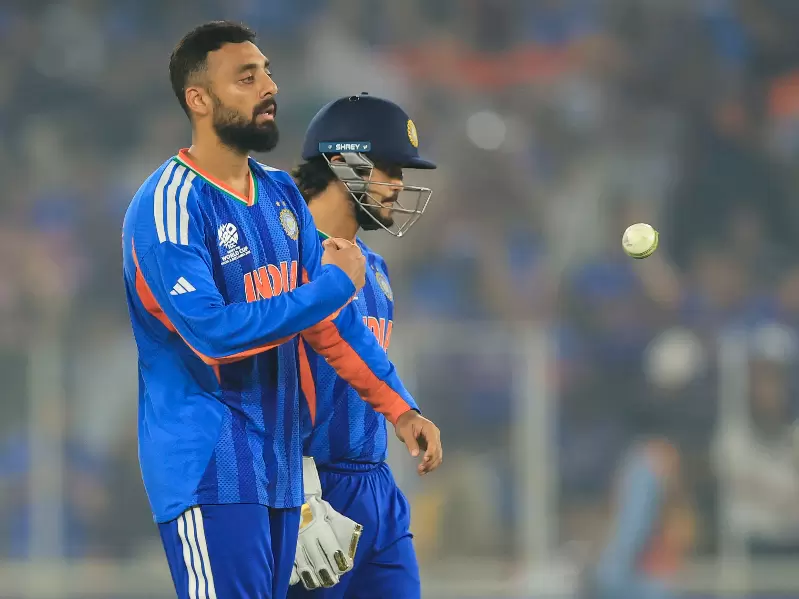
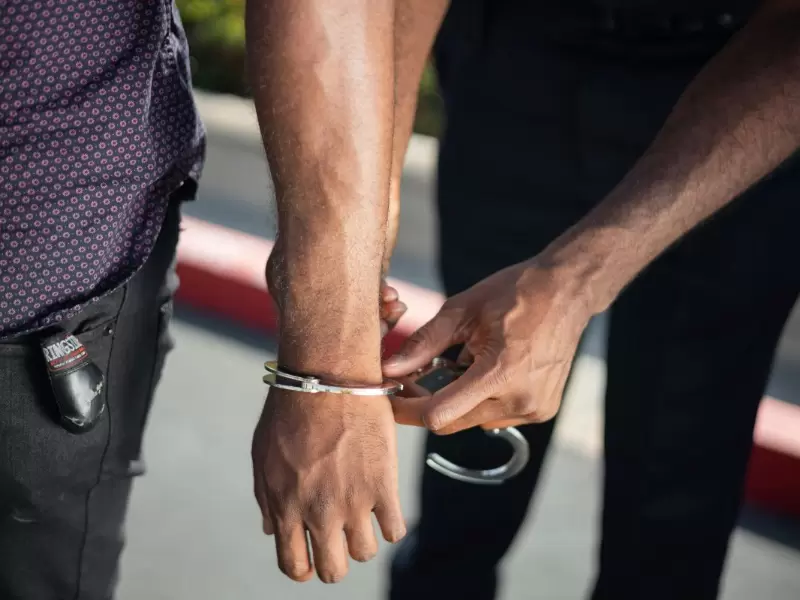
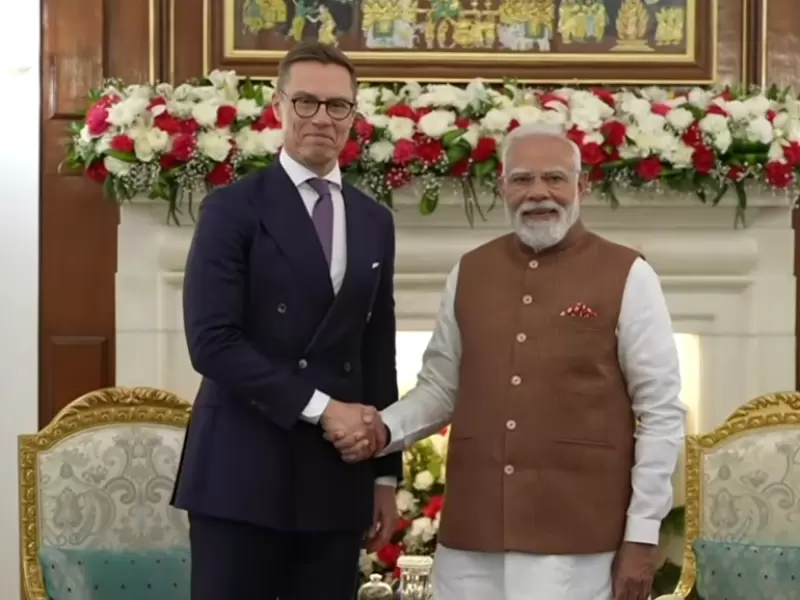
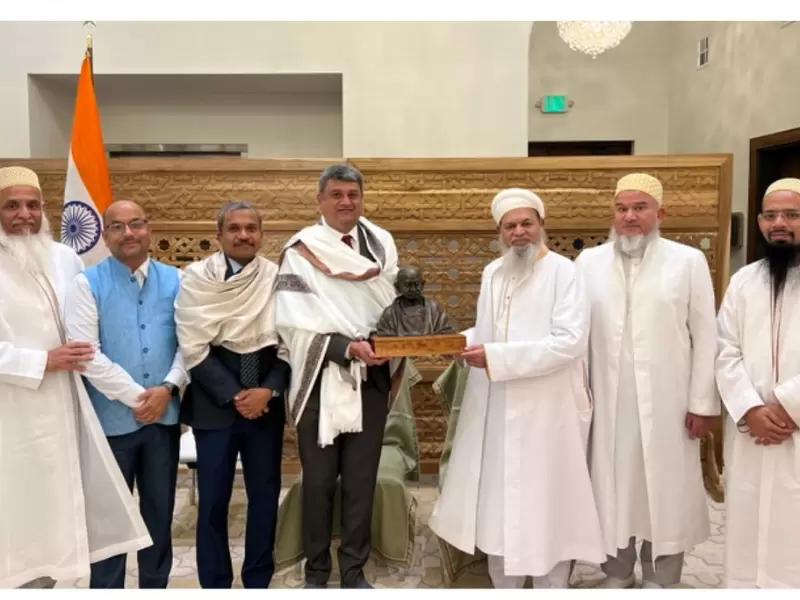
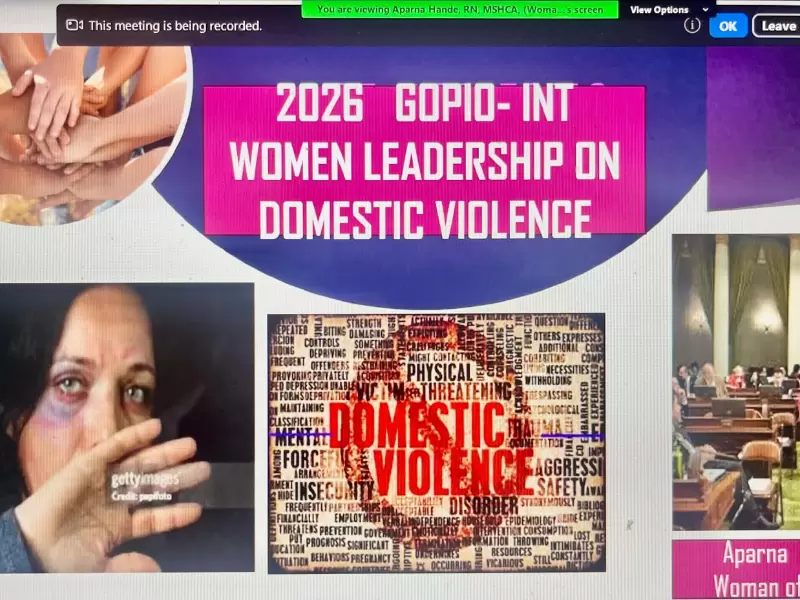


Comments
Start the conversation
Become a member of New India Abroad to start commenting.
Sign Up Now
Already have an account? Login